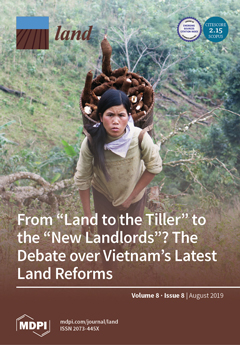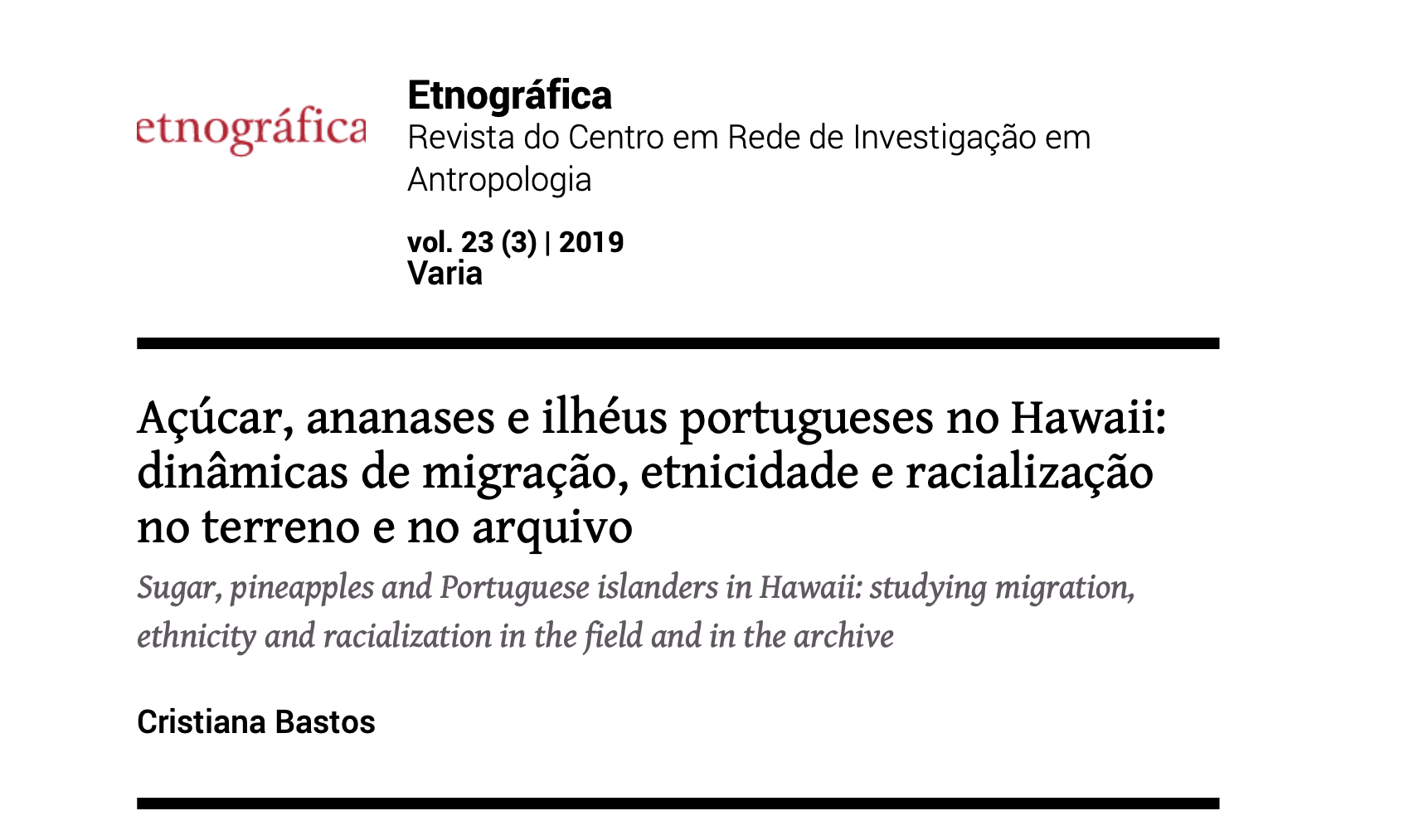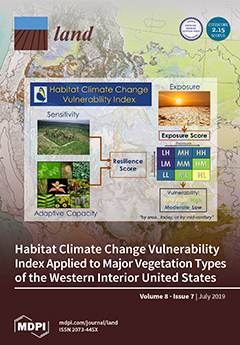Complementary land use in the Richmond River catchment: Evaluating economic and environmental benefits
Agricultural land uses can contribute to land degradation, water quality decline, and loss of ecosystem function and biodiversity in the surrounding catchment. Trees can assist in catchment management, and re-afforestation strategies have been implemented in an effort to mitigate agricultural impacts and improve degraded land and waterways worldwide. Re-afforestation strategies often target private land, and their success relies on landholder participation.





